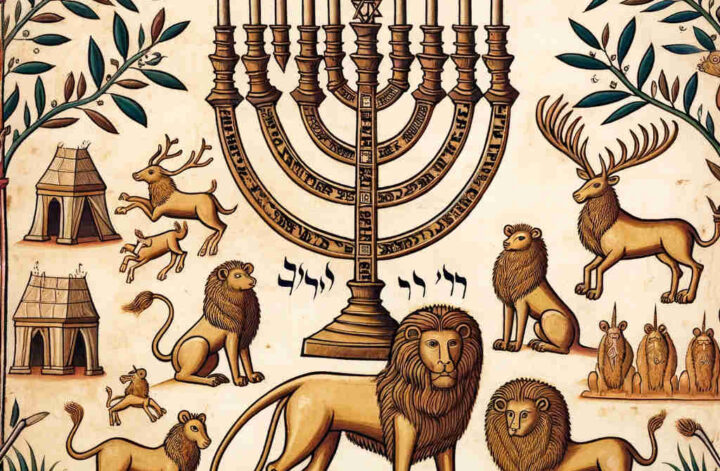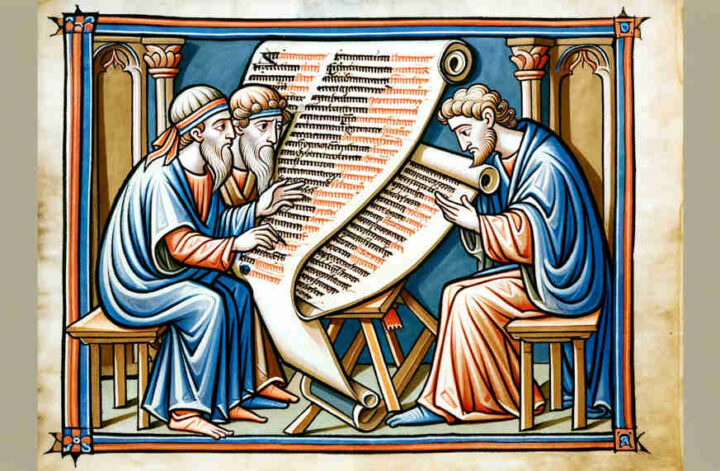Questioning the Authenticity of a Quote from Baba Kamma 113a
Email from Jordan Weiss: “Dear Rabbi Joshua, I’ve come across a quote from Baba Kamma 113a that says ‘Jews may use lies (“subterfuges”) to circumvent a Gentile.’ This statement has troubled me deeply. Is this an accurate representation of what the Talmud teaches, and is this a belief held in Judaism?”
Response from Rabbi Joshua
Shalom Jordan, I appreciate you bringing your concerns to me, and I understand how such
statements can be disturbing. Let’s address this with the attention it deserves.
Understanding Talmudic Discourse
The Talmud is an extensive work of Jewish law and ethics, filled with rabbinical debates and discussions that span hundreds of years. Baba Kamma 113a discusses various civil laws, including interactions between Jews and non-Jews. However, the passage in question does not blanketly permit dishonesty towards non-Jews.
Interpreting Baba Kamma 113a
The text from Baba Kamma 113a does exist, but it must be understood in its correct context. The discussion therein is complex, dealing with specific legal scenarios in the context of business and property law under various conditions of the time. It does not endorse deception as a general practice. The quote often cited is a misinterpretation and does not convey the true nature of the Talmud’s teachings.
Judaism’s Ethical Standards
Judaism places a high value on honesty and ethical behavior. The concept of “Derech Eretz” (the way of the land) and “Dina d’malchuta dina” (the law of the land is the law) underscore the importance of integrity and the observance of local laws, which include fair and honest dealings with all people.
Misquotations and Mis
understandings
Unfortunately, misquotations like the one you’ve encountered are sometimes used to propagate misunderstandings about Judaism. It’s a reminder of the importance of seeking out context and scholarly interpretation when engaging with complex religious texts.
Conclusion
Jordan, the ethical teachings of Judaism advocate for honesty and fairness in all interactions and explicitly forbid deceit. If you have any further questions or seek more detailed study into the Talmud or other aspects of Jewish law and ethics, I encourage you to reach out to credible sources and knowledgeable scholars who can provide accurate information and context.
Peace and blessings,
Rabbi Joshua


